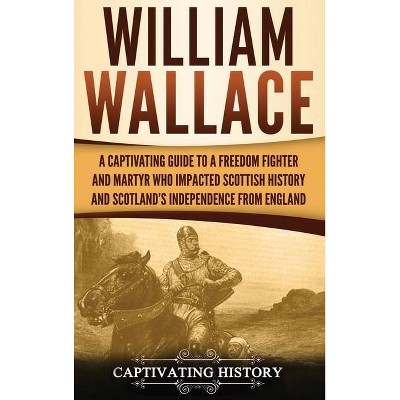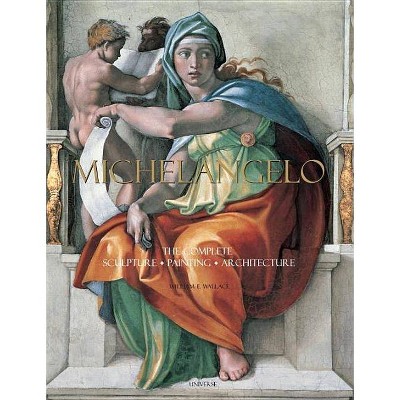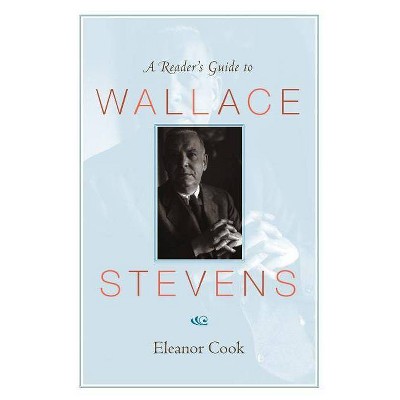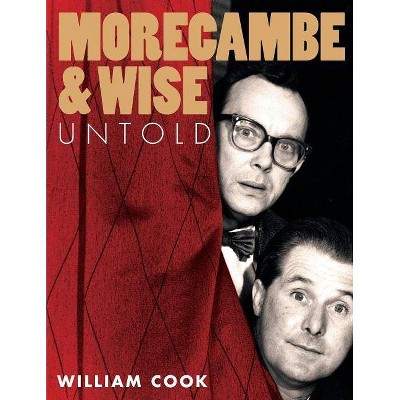Plotto Instruction Booklet - by William Wallace Cook (Paperback)
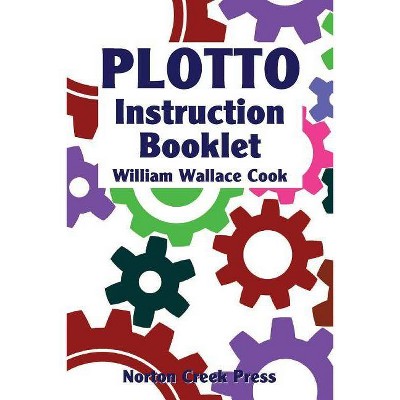
Similar Products
Products of same category from the store
AllProduct info
<p/><br></br><p><b> Book Synopsis </b></p></br></br>This <i>Plotto Instruction Booklet</i> has been out of print since 1934, which is a shame, since it's difficult to figure out how to use <i>Plotto</i> without it! <p>Originally used by William Wallace Cook as the textbook for a course in using <i>Plotto, </i> it goes through both the mechanics and the philosophy of creating plots with <i>Plotto.</i> <p>The <i>Plotto Instruction Booklet</i> in its original form is almost impossible to find, and in fact I owned a copy of <i>Plotto</i> for years before even realized that it existed. I was fortunate enough to track down a copy only 60 miles away and borrow it long enough to copy it. <p><i>Plotto</i> is the opposite of a random plot generator: using it will not write a story for you, or even structure one. It offers suggestions that you are expect to-required to-customize to fit the needs of your story. <i>Plotto</i> is a structured way of stimulating your imagination into creating the situations and conflicts you need, whether for a short story, a screenplay, or a novel. <p>A century ago, William Wallace Cook was a pulp fiction writer famous for his immense output, solid creativity, and his use of organization and technology to ease the task of writing stories at high speed. His non-fiction books, <i>Plotto</i> and <i>The Fiction Factory, </i> are available through Norton Creek Press.<p/><br></br><p><b> About the Author </b></p></br></br>William Wallace Cook (1867-1933) was a prolific author and an early enthusiast of systematic writing. His most famous work is <i>Plotto: The Classic Plot Suggestion Tool for Writers of Creative Fiction, </i> and its essential companion volume, the <i>Plotto Instruction Booklet</i> and his autobiographical work, <i>The Fiction Factory, /i> describing his ups and downs as a prolific freelance writer for pulp magazines more than a century ago, is not to be missed. (All three are available from Norton Creek Press.) <p>Cook had an orderly mind and an unruly imagination, and worked hard to organize what could be organized, so his rampant creativity could run at full speed, producing fiction in every genre, including screenplays and early works of science fiction. He was an early adopter of the typewriter and wore many of them out. He maintained an ever-growing library of newspaper and magazine clippings and adopted the then-new practice of indexing them through a file card system. <p>For more information about Cook's writing life, see his autobiographical <i>The Fiction Factory</i> (1912), written under the alias John Milton Edwards. He published <i>Plotto</i> and its instruction booklet in 1928, and died in 1933.
Price History
Price Archive shows prices from various stores, lets you see history and find the cheapest. There is no actual sale on the website. For all support, inquiry and suggestion messagescommunication@pricearchive.us


